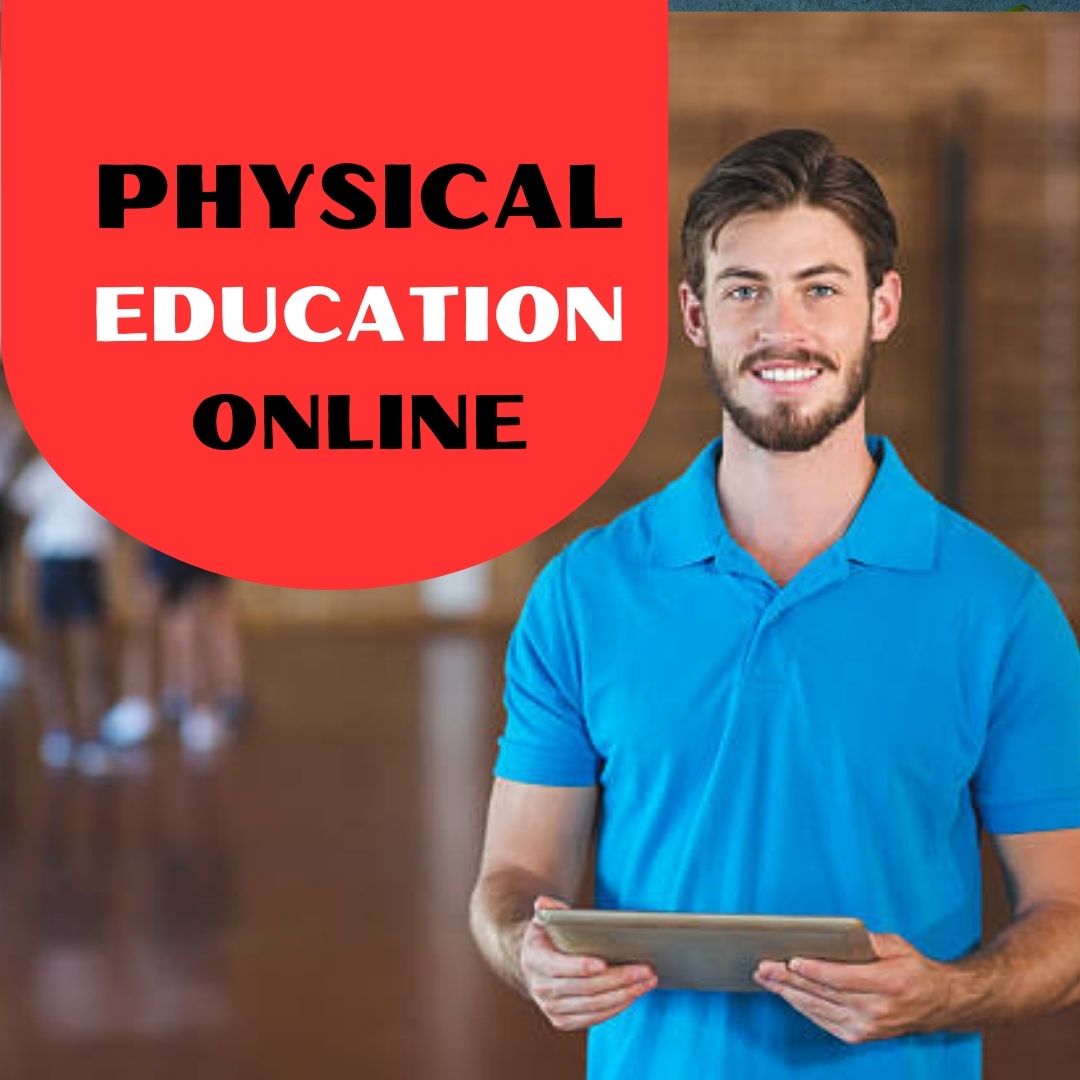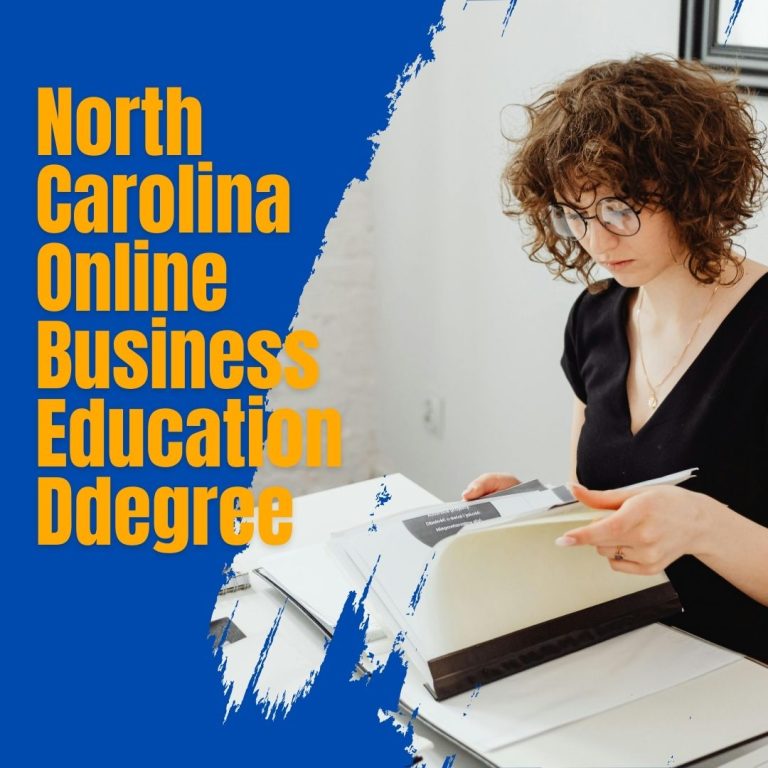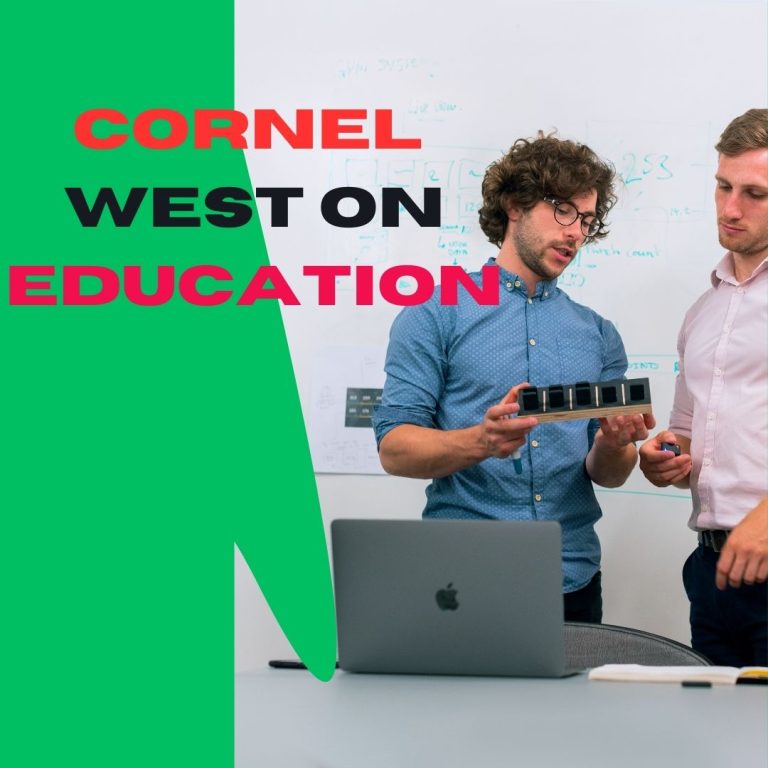Physical Education Degree for Your Better Career
A Physical Education Degree focuses on teaching health and fitness. It prepares educators for promoting active lifestyles.
Engaging in a Physical Education Degree program equips students with the knowledge and skills necessary to inspire others towards maintaining physical well-being. It combines theoretical understanding with practical application, including instruction in exercise science, sports management, and coaching methodologies. Through this degree, individuals gain insights into human anatomy, psychology, and nutrition as they relate to physical activity.
Students typically learn to create inclusive fitness programs catered to diverse populations, understanding the impact of physical activity on overall health. Graduates find opportunities in schools, fitness centers, and community organizations, often pursuing roles such as PE teachers, coaches, or wellness coordinators. This degree serves as a foundation for those passionate about fostering a culture of health and well-being in educational and recreational settings.
Physical Education Degree Essentials
Embarking on a Physical Education Degree journey opens doors to a world of health, fitness, and education. It is crucial to understand the core elements and various specializations available for students. This degree not only prepares future educators but also equips them with essential life skills.
Core Disciplines And Skills
Physical Education (PE) professionals need a broad skill set. Key areas of knowledge are essential in delivering effective education and promoting lifelong fitness.
- Human Anatomy – Understand body functions and structures.
- Exercise Science – Explore how exercise affects the body.
- Kinesiology – Study movement and mechanics in sports.
- Health and Wellness – Teach healthy lifestyle choices.
- Teaching Strategies – Engage different learning styles.
- Sports Management – Learn organization of sports events.
Developing skills such as communication, leadership, and adaptability is crucial. These skills help manage various teaching environments and student needs.
Degree Levels And Specializations
Physical Education Degrees range from associates to doctorates. Each level caters to different career goals.
| Degree Level | Focus | Career Path |
|---|---|---|
| Associate’s | Foundational PE Concepts | PE Teacher Assistant |
| Bachelor’s | PE Teaching License | PE Teacher |
| Master’s | Advanced Techniques | Coach, Advanced Instructor |
| Doctorate | Research and Leadership | University Professor, PE Director |
Specializations can include Sport Psychology, Coaching, and Adaptive Physical Education for special needs groups. These specializations ensure tailored skills for diverse career opportunities.
Choose the right degree and specialization to match personal interests and career aspirations. A successful career in Physical Education requires dedication to education and a passion for promoting health and fitness.
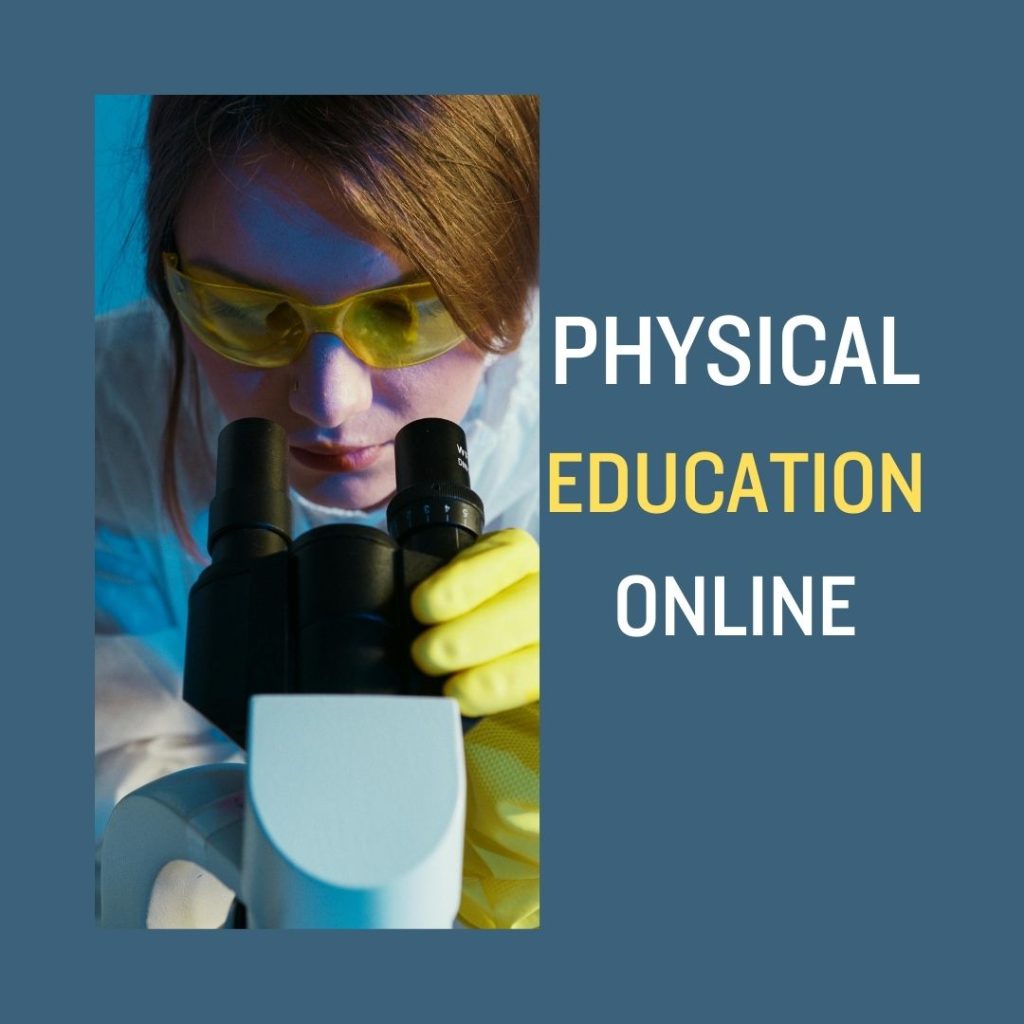
Career Paths With A Physical Education Degree
Are you thinking about a degree in Physical Education? Great choice! A Physical Education degree opens many doors. Let’s explore the exciting careers you can dive into.
Teaching And Coaching
A degree in Physical Education prepares you to inspire others through teaching and coaching. You might work in schools, guiding young minds in health and fitness. Your role can be critical in developing lifelong healthy habits in students. As a coach, you’ll train athletes, pushing them to achieve their best. You’ll find opportunities in:
- Schools
- Colleges
- Sports clubs
- Athletic camps
Sports Management And Administration
Do you love organizing events and leading teams? Then, sports management and administration could be your calling. You can manage sports facilities or even entire teams. A career in sports administration means you’re in the game without hitting the field. Valuable positions include:
| Position | Description |
|---|---|
| Sports Manager | Handle business-related tasks for sports teams. |
| Event Coordinator | Plan and execute sports events and competitions. |
| Facility Manager | Oversee operations of sports facilities. |
Evolving Landscape Of Physical Education
The way we understand and teach Physical Education (PE) is rapidly changing. Today’s PE degree programs aim to keep up with the fast-paced advances in technology and broader societal changes. These programs recognize the diverse needs of students and embrace new methods for teaching fitness and wellness. As we explore the evolving landscape of PE, two key trends stand out: technological integration and inclusive practices.
Technological Advances In Fitness
Technology now plays a pivotal role in how we teach and learn PE. Digital tools bring innovative approaches to fitness programs. They also allow for personalized tracking of progress. Smart devices, fitness apps, and virtual games make workouts more interactive and fun. These tools provide instant feedback, helping students achieve their fitness goals. Table 1 showcases how technology reshapes PE:
| Tech Tool | Usage in PE | Benefits |
|---|---|---|
| Wearable Devices | Monitor heart rates | Personalize fitness plans |
| Fitness Apps | Track exercise routines | Encourage self-monitoring |
| Virtual Reality | Simulate sporting activities | Offer safe practice environments |
Inclusive Practices In Pe Curriculum
Inclusivity in PE ensures all students benefit from physical education. PE degree programs now teach future educators how to adapt activities. This allows students of all abilities to participate. Such strategies may include using modified equipment or creating varying levels of challenge in games. Listed below are some inclusive practices:
- Adaptive Sports: Games tailored for students with disabilities.
- Universal Design for Learning (UDL): Curriculum that meets varied learning needs.
- Peer Mentorship: Pairing students to support each other during activities.
Incorporating these practices promotes a healthier, more supportive environment. It also respects individual differences and encourages lifelong fitness habits. The future PE teacher must be adept at integrating technology. They must also offer inclusive lessons to create well-rounded, effective PE programs.
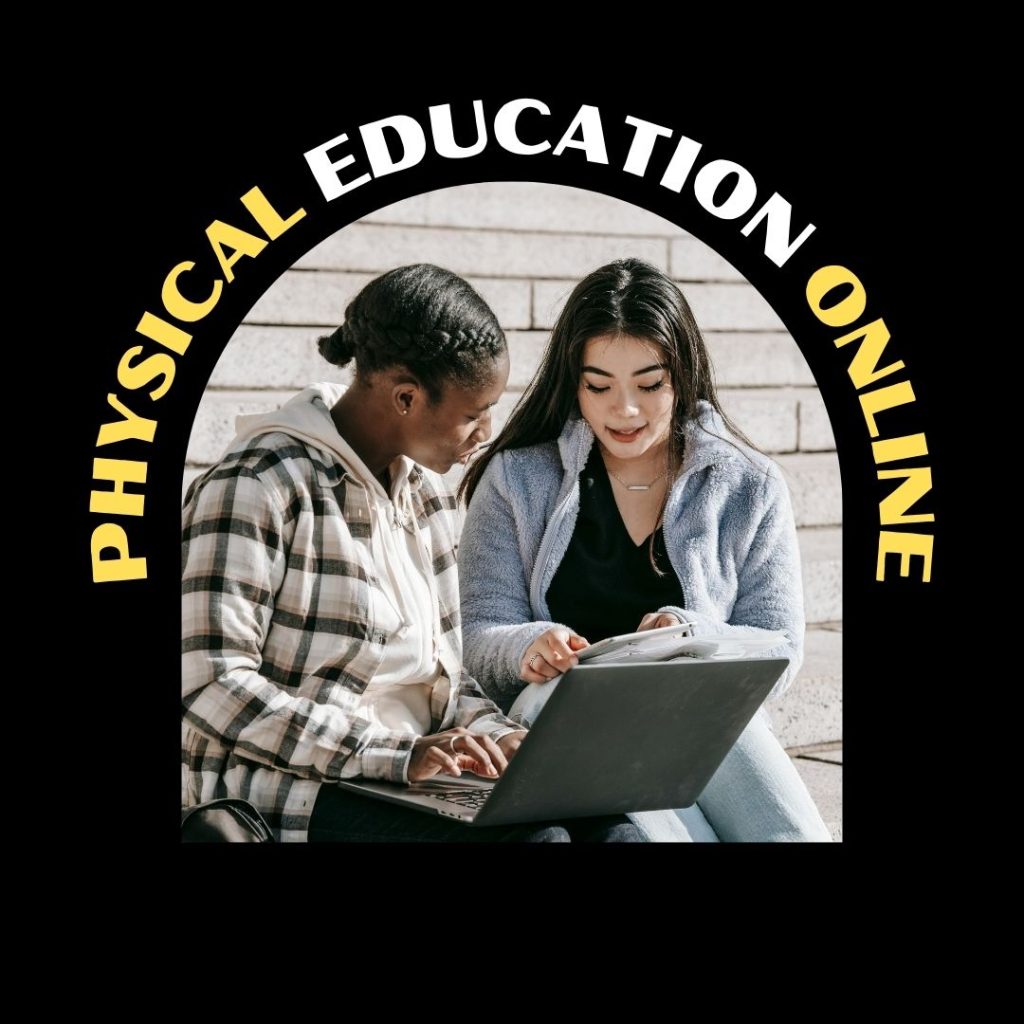
Networking And Professional Development
Entering the world of Physical Education requires not only a passion for fitness but also a commitment to growing professionally. Networking and professional development play critical roles in carving out a successful career path. Let’s dive into the ways you can build invaluable relationships and continue learning within the field.
Building Relationships In The Field
Cultivating a robust network is crucial. Start by connecting with peers and educators during your degree program. Attend industry conferences, join professional associations, and reach out to alumni. Engage in discussions, share experiences, and offer your knowledge.
- Join local and national organizations – These provide networking opportunities and resources.
- Volunteer for events – Get hands-on experience and meet industry leaders.
- Use social media – Platforms like LinkedIn and Twitter are great for connecting and learning.
Continuing Education And Certifications
The learning journey never ends in the Physical Education landscape. Pursuing continuing education keeps you updated with the latest trends and techniques. It also enhances your expertise and opens up new career opportunities.
| Certification | Benefits |
|---|---|
| CPR and First Aid | Essential for safety and emergencies |
| Nutrition Coach | Expands your coaching capabilities |
| Strength and Conditioning | Improves athlete performance |
Explore workshops, online courses, and certification programs post your degree. Always stay proactive about your professional growth!
Real-world Learning: Internships And Practicums
Embarking on a Physical Education Degree often merges classroom learning with real-world experience. Internships and practicums provide invaluable opportunities to apply knowledge in practical settings. Engaging in these experiences equips students with skills, confidence, and professional connections that are crucial for a successful career in physical education.
Benefits Of Hands-on Experience
- Enhanced understanding of theoretical concepts through practical application.
- Development of strong instructional techniques and classroom management strategies.
- Opportunities to network with professionals and build relationships in the field.
- Gain credible references and job recommendations from mentors.
- Boosted employability with demonstrated experience on your resume.
Finding Opportunities
Locating internships and practicums can seem daunting, but many resources are available:
- Consult your degree program’s career services for vetted listings.
- Reach out to local schools, gyms, and community centers for openings.
- Join professional organizations to access exclusive internship boards.
- Utilize social media and networking platforms like LinkedIn to connect with industry professionals.
Proactively seek opportunities and demonstrate your passion for physical education to secure a position that will significantly propel your professional journey.
Physical Education And Community Impact
Physical Education (PE) degrees go beyond school sports.
Graduates shape healthy communities. Here’s how.
Promoting Health And Wellness
PE grads are wellness champions.
They understand health’s role in daily life.
They use their knowledge to inspire others.
- They lead fitness programs for all ages.
- They teach good nutrition and exercise habits.
- They show how activity can be fun and social.
These efforts reduce health risks like obesity and heart disease.
People live happier, longer lives. Communities thrive.
Organizing Community Events
PE graduates bring people together.
They plan events that make fitness exciting.
| Event Type | Benefits |
|---|---|
| Fun Runs | Boosts community spirit; raises health awareness |
| Sports Clinics | Teaches new skills; promotes teamwork |
| Wellness Fairs | Offers health checks; shares wellness resources |
Well-organized events create fun learning opportunities.
These gatherings can unite neighbours.
They spark lasting bonds.
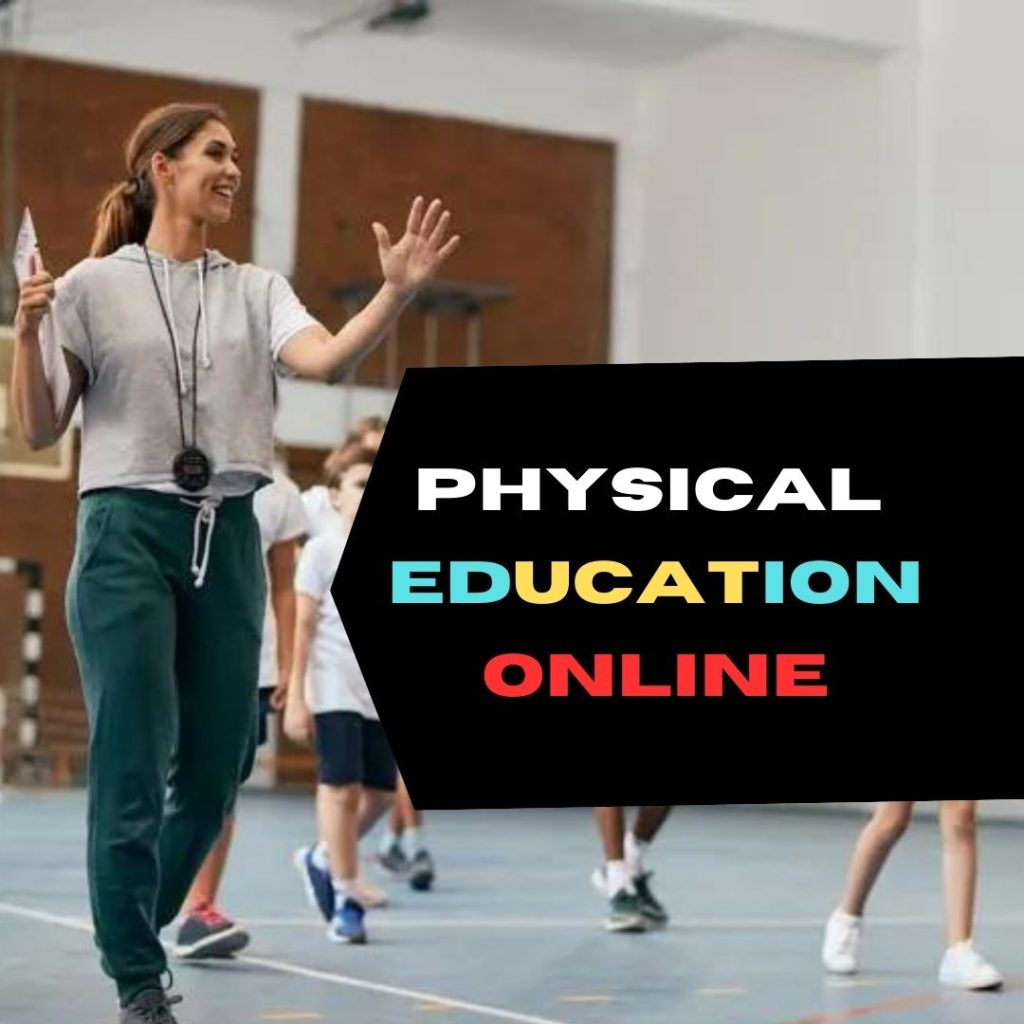
Entrepreneurship In Physical Education
An innovative strand of a Physical Education Degree is Entrepreneurship in Physical Education. This unique pathway allows graduates to blend their passion for sports with business savvy. They learn to navigate the dynamic world of fitness and athletics. It’s a game-changer for those ready to impact the wellness industry.
Starting Your Own Business
Dream of running a fitness empire? With a Physical Education Degree, that dream is within reach. Students acquire the know-how to launch their own ventures. They dive into critical areas like marketing, finance, and management. This knowledge lays a solid foundation for building a successful brand in the sports sector.
- Create a business plan
- Understand market needs
- Secure funding
- Develop a strong brand identity
Innovation In Fitness And Sports
Today’s fitness and sports markets crave innovation. A degree in Physical Education provides the edge to lead this transformation. Entrepreneurs integrate technology and fresh ideas to revolutionize how people engage in physical activity.
| Innovation | Impact |
|---|---|
| Wearable Tech | Enhances training and monitoring |
| Online Coaching Platforms | Makes training accessible anywhere |
| Interactive Fitness Games | Promotes fun, active lifestyles |
Future Trends In Physical Education
Welcome to the exciting world of Physical Education, where evolution is constant and thrilling. The field stands on the cusp of transformation. Future trends paint a vivid picture of innovation and inclusivity. Tech integration and emerging sports set a fast pace for these changes. Let’s delve into the future of Physical Education.
Emerging Sports Trends
New and unconventional sports are entering Physical Education curriculums. Schools now offer activities like Ultimate Frisbee, parkour, and even e-sports. These activities engage students in modern ways. They also boost fitness levels and encourage teamwork. Here’s what’s catching on:
- Mixed Reality (MR) games: Blending physical and digital play.
- Fitness trackers: Making personal progress measurable.
- Adaptive sports: Inclusive programs for all ability levels.
Impact Of Policy And Funding
Policies at both local and national levels shape the future of Physical Education. Funding is critical. It provides resources such as equipment and facilities. Here’s a glimpse of potential changes:
| Policy Change | Potential Impact |
|---|---|
| Increased budgets | Better equipment and facilities for schools. |
| Inclusive mandates | Programs tailored for all students emerge. |
| Wellness integration | Curricula that foster overall well-being are developed. |
Grants for technology enable the integration of cutting-edge tools. Schools use these to improve the Physical Education experience. Smart devices and interactive software become common. They transform traditional sports and activities into immersive experiences.
Frequently Asked Questions Of Physical Education Degree
What Is A Physical Education Degree?
A Physical Education Degree focuses on teaching and promoting physical fitness and wellness. It prepares individuals to become PE teachers, coaches, or fitness trainers, emphasizing the importance of healthy lifestyles.
Is A Pe Degree A Good Career Choice?
Yes, a PE Degree can lead to fulfilling careers in education, sports coaching, health promotion, and fitness. Demand for knowledgeable professionals in physical education remains consistent, providing various job opportunities and career stability.
What Subjects Are Covered In Pe Degrees?
PE Degree programs typically cover exercise science, kinesiology, health education, sports psychology, and teaching methods. Students learn to create effective physical education programs and promote active lifestyles among various age groups.
How Long Does It Take To Complete A Pe Degree?
Completing a PE Degree usually takes about four years for a bachelor’s degree, which is the requirement for teaching at the K-12 level. Advanced degrees may take an additional two to six years, depending on the level of specialization.
Conclusion
Undoubtedly, a Physical Education degree opens doors to diverse and fulfilling careers. It equips graduates with vital skills for the wellness and sports sectors. Ready to champion health and fitness? Your journey starts here. Embrace the potential and transform passion into a lifelong profession.

